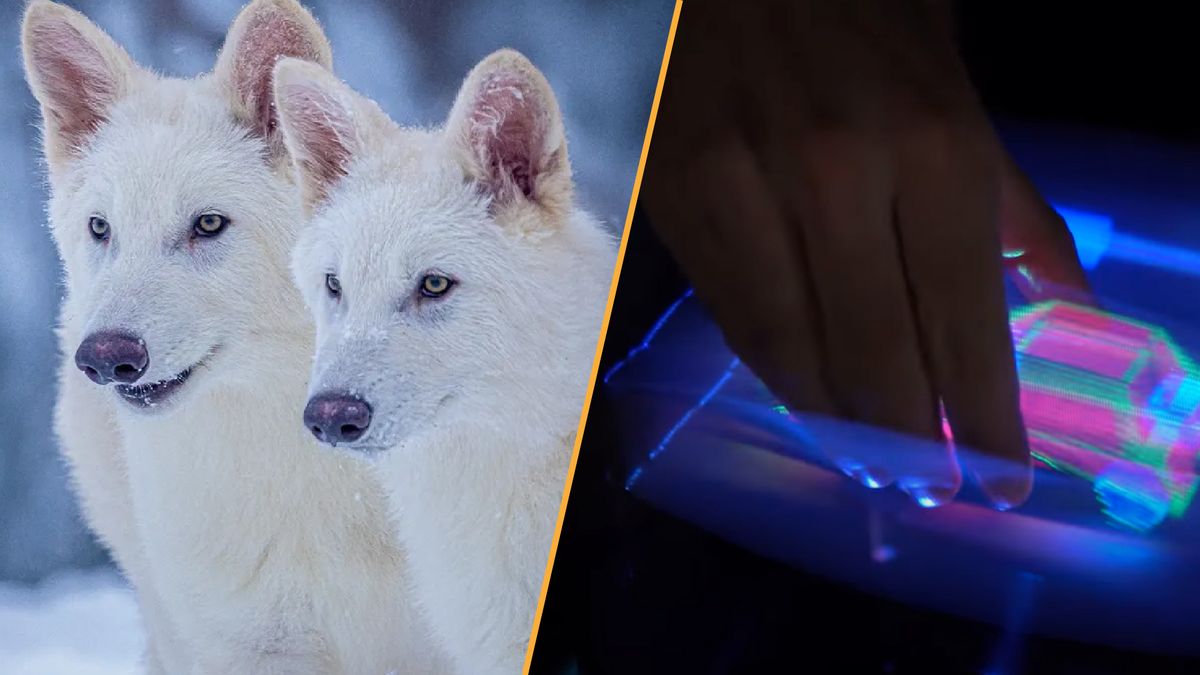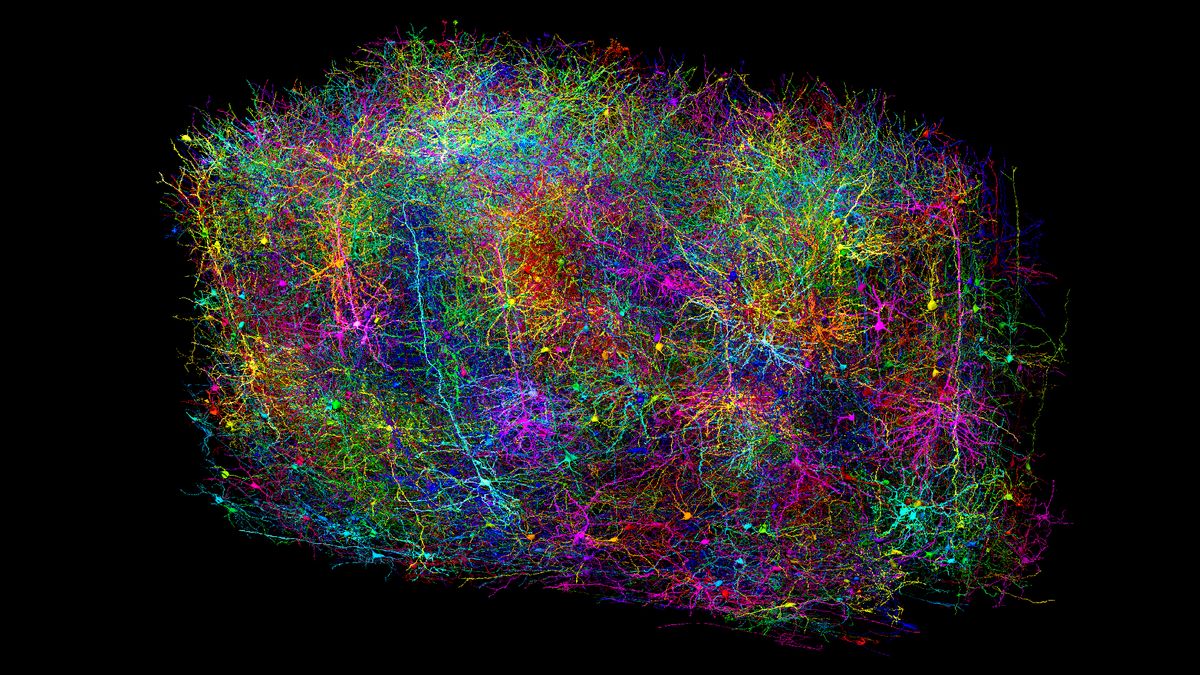Now Reading: Dire Wolf ‘De-Extinction’ Debate and 3D Hologram Innovation Shape Science This Week
-
01
Dire Wolf ‘De-Extinction’ Debate and 3D Hologram Innovation Shape Science This Week
Dire Wolf ‘De-Extinction’ Debate and 3D Hologram Innovation Shape Science This Week

Quick Summary:
- A biotech company, Colossal Biosciences, announced the creation of three genetically engineered wolf pups (Romulus, Remus, adn Khaleesi) claimed to represent the first “de-extinction” of dire wolves (Aenocyon dirus), extinct for over 10,000 years.
- Researchers reconstructed the dire wolf genome using ancient DNA and identified 20 genetic differences from modern gray wolves (Canis lupus) believed responsible for specific traits.
- Skepticism remains among experts over whether these genetically altered gray wolves truly constitute dire wolves due to their distant evolutionary relationship and concerns about ecological risks if introduced into the wild.
Indian Opinion Analysis:
While India is not directly involved in this development, advancements in genetic engineering could hold significant implications for biodiversity conservation efforts globally. If such technology matures successfully while addressing ethical concerns and ecological risks, India-home to a rich variety of flora and fauna under threat-might consider leveraging it as part of its conservation strategies. However, questions remain about long-term genetic stability and impacts on natural ecosystems that need careful consideration before adoption on Indian soil.

























